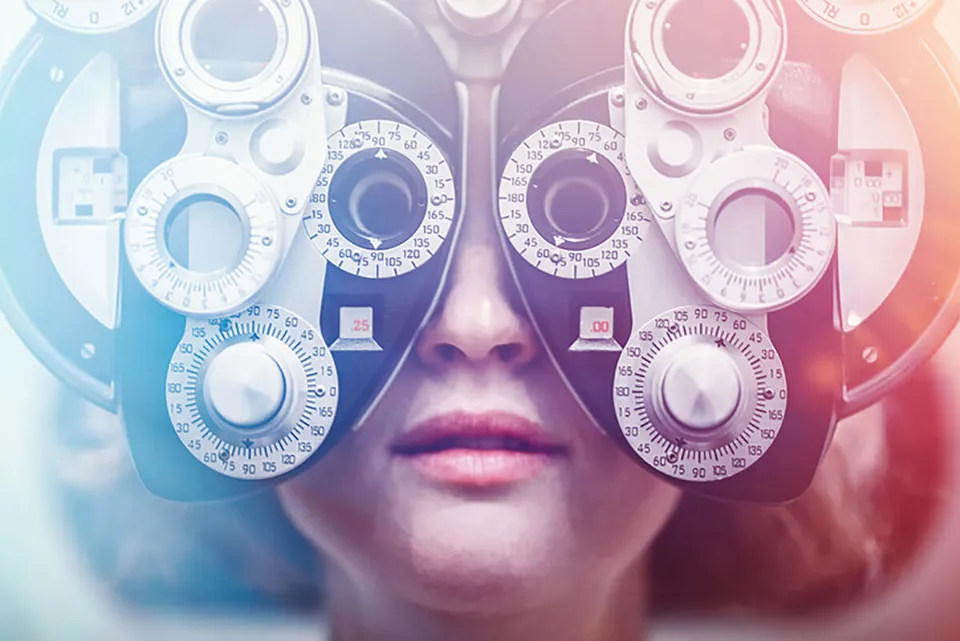“If, however, you were unaware that you needed glasses or lenses to drive and you have an accident your insurance cover will still kick in.
“It’s also important to remember that if you drive and your eyesight does not meet the legal standard you are breaking the law.”
A spokesman at Zurich added: “Drivers need to ensure that they are fulfilling their own legal obligations in declaring any eyesight problems to their employer and relevant driving/motoring agencies.”
Rule change in 2013 for commercial drivers
In 2006, the EU Parliament proposed that holders of commercial licences should have their eyes tested every five years and holders of private licences every 10 to 15 years.
Each country within the EU state would have until 2013 to translate the Directive into national law.
Group 2 licences, those issued for drivers of medium and large buses, and trucks, are considered ‘commercial’ licences.
The period these licences will be valid for is five years from the date the driving entitlement is obtained.
Administrative renewal of the photocard licence every five years will be subject to the driver’s continuing compliance with the minimum standards for physical and mental fitness for driving.
Group 2 drivers under the age of 45 will be able to self-declare their compliance with the medical standards on the five-year renewal application. Those over 45 years old will have to prove their medical fitness to drive, as is the case now.
For Group 1 licences – private licences – the Directive introduces an administrative validity period of 10 years, with the option to choose an administrative validity period up to 15 years. The UK will continue to issue 10-year Group 1 licences.
A DVLA spokesman said: “We are now working to implement the Directive in systems and practices by January 2013.
“The Directive does not require a formal eye examination as part of the administrative renewal process and it would be entirely a matter for the driver to decide whether they wish to arrange for a formal eye examination to ensure they continue to meet the required eyesight standards before they self-declare.”

















Login to comment
Comments
No comments have been made yet.